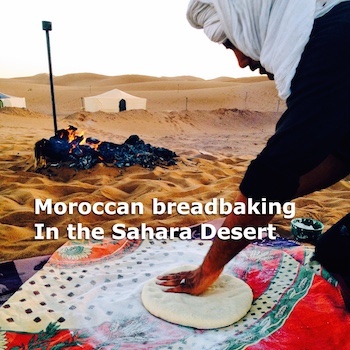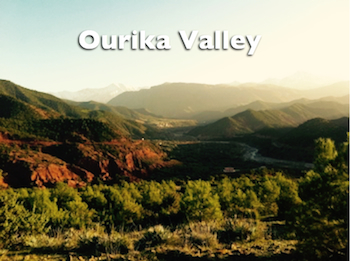Bread & Morocco, A Love Affair
August 24th, 2016
“The children of him who has wheat in his house should not beg of his neighbor.” “Manage with bread and salted butter until God brings something to eat with it.” “There is no hunger but the hunger of…



